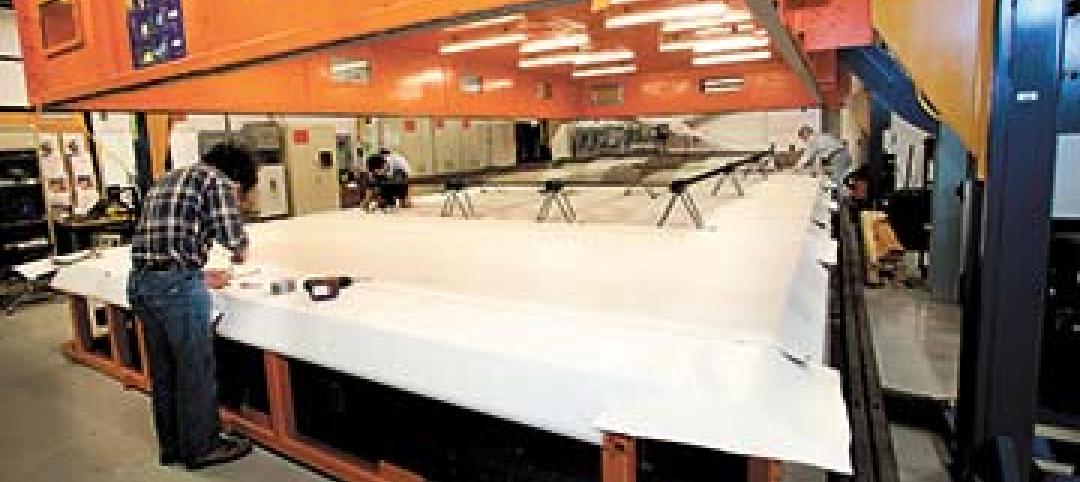The Florida Legislature recently passed a bill to beef up building inspection requirements for many of the state’s condominiums.
The bill, which is expected to be signed by the governor, will require milestone inspections of condominiums three stories in height or taller within three miles of the coast when the buildings reach 25 years of age, and of buildings more than three miles inland when they reach 30 years of age. Buildings will then be required to have an inspection every 10 years thereafter with inspection records made available to buyers, renters, and unit owners.
The bill’s passage comes nearly one year after the Champlain Towers South condominium collapse in Surfside, Fla., killed 98 people. Following the building collapse, the International Code Council, the National Institute of Building Sciences, the Building Owners and Managers International (BOMA), and the Building Officials of Florida (BOAF) created a group of experts to advise policymakers and create guidelines that could be used to help prevent future catastrophic building collapses. The work of this group informed the crafting of the bill.
Forty percent of Florida jurisdictions have no property maintenance code in place or have adopted a property maintenance code developed in the late 1970s. Only about 3% of Florida jurisdictions have implemented a periodic recertification or inspection safety program for existing buildings.
Related Stories
| Jan 31, 2014
OSHA extends feedback period for disclosure of workplace injuries proposal
The Occupational Safety and Health Administration said it would extend the comment period for a proposal that would require employers to submit electronic reports of workplace injuries and illnesses.
| Jan 31, 2014
DOE releases new efficiency standards for halide lamps
The Energy Department has finalized new energy efficiency standards for metal halide lamp fixtures, which are used in lighting for big box stores and parking lots.
| Jan 31, 2014
New LEED online platform now available for LEED v4 projects
LEED v4 projects will be the first to experience the new LEED Online platform with streamlined documentation and processes.
| Jan 26, 2014
New York extends, enhances tax abatements to promote green roofs
The expansion of a tax-abatement program for green roofs under New York state law doubles the previous maximum benefit of $100,000, adds new plant species to the list of those applicable for the tax break.
| Jan 23, 2014
Washington state micro apartment law prompts fire safety concerns
Proposed legislation to further regulate the building of micro apartments has triggered appeals from community activists concerned that fire safety standards are sub-par.
| Jan 23, 2014
Pennsylvania owes school districts $1B for construction projects
The Pennsylvania Department of Education owes about $1 billion to numerous school districts for about 350 state-approved renovation and construction projects.
| Jan 23, 2014
About 1,500 concrete buildings in Los Angeles found vulnerable to earthquakes
Some 1,500 concrete structures built in Los Angeles before 1980 could be vulnerable to earthquakes, according to University of California researchers.
| Jan 23, 2014
Low-slope roofs with PVs tested for wind uplift resistance
Tests showed winds can cause photovoltaic panels to destroy waterproof membranes.
| Jan 16, 2014
Bio-based materials could transform the future of sustainable building
Recent winners of the Cradle to Cradle Product Innovation Challenge include a brick made from bacterial byproducts and insulation created from agricultural waste products.
| Jan 16, 2014
The incandescent light bulb is not dead
Despite misleading media reports, January 1 did not mark a ban on the manufacture or import of 60-watt and 40-watt incandescent bulbs.















